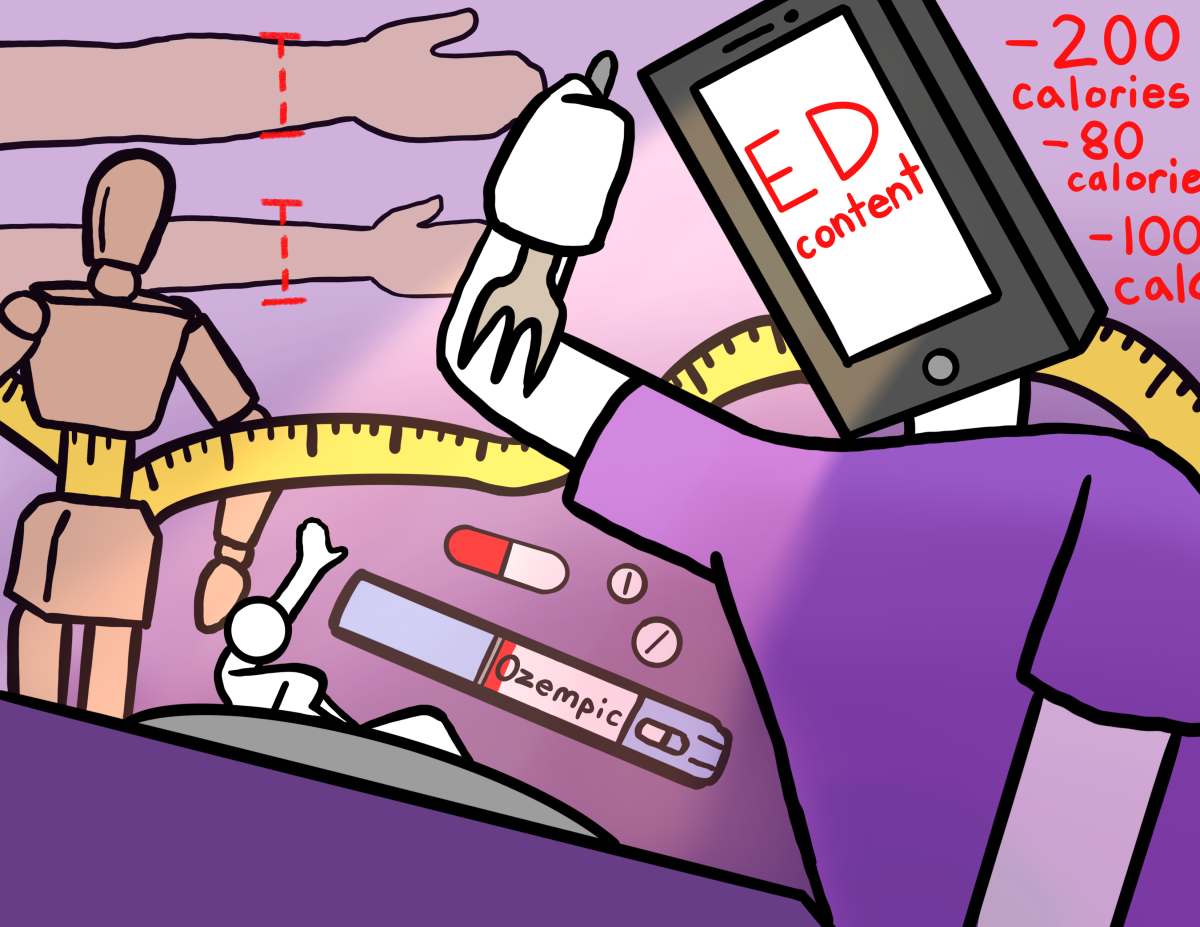Scrolling through her TikTok feed, a teenager looks mindlessly for something to watch. After some time she finds herself stumbling onto the platform of an influencer reviewing a new book, causing her to stop and listen. Her review is riveting, and the teenager cannot help but look up the book to see where she can buy it. On a social media site known for its short form content, this is the first time she has seen something as archaic as someone talking about a novel, and she is excited to see more.
BookTok, a popular TikTok subculture, promotes a love of reading through a community of people who review and discuss books, which are mostly of the romance or fantasy genre. The platform has become a niche community that members use to learn about and recommend new and upcoming books that would not get as much attention otherwise.
Impact on Authors
Several authors who are well-known today have attributed their rise to fame to BookTok, including Leigh Bardugo, Sarah J. Maas and, notably, Colleen Hoover. BookTok’s community of readers enabled their books to reach a broader audience, and thus for their readership to skyrocket.
For instance, author of the “Powerless” series Lauren Roberts, was able to find great success through BookTok.
“I would not be where I am today if it weren’t for BookTok. It’s made such a huge impact on my career,” Roberts said in an Interview with Publisher’s Weekly. “I started making videos when I was 16, and for whatever reason, people started watching me and following me… By the time I self-published ‘Powerless,’ I had amassed this group of fans for a book they hadn’t even read yet, but they were there for the entire journey. I’m very thankful for that first video I filmed in my childhood bedroom. I owe it all to that.”
With the rise of technology, the publishing industry has changed drastically. Whereas before it was required to have an “in” in order to make it big in the industry, promotorship through the BookTok platform can now give writers the advantage they need to be successful. In itself, it costs very little to promote a novel in this way, and advertising on BookTok generates great profits if the book winds up going viral.
Colleen Hoover, a successful author, has seen a rapid rise in popularity thanks to the BookTok community. According to Simon and Schuster, when Atria published “It Ends With Us” in August 2016, they sold a little over 36,000 print copies in its first year of publication. However, in recent years, the book’s sales have surged due to BookTok—today, over 10 million copies have been sold worldwide and the novel continues to break new sales records year after year.
The power of TikTok lies in its ability to increase readership in young adults, as well as to promote authors.
“One positive outcome of BookTok is the drastic increase in young readers,” staff writer Elena Harmen from the Reflector said. “By romanticizing reading and popularizing different aesthetics and trends, BookTok has influenced thousands of people, particularly teens, to get into reading.”
Controversies
Despite its many positives, the BookTok subculture has also undergone numerous controversies due to the books that get released and reviewed. One common criticism of the platform is that BookTokers only talk about the same 20 books over and over again, while simultaneously ignoring newer literature.
The success of an author through the community almost directly depends on whether or not their novels adhere to specific tropes or genres, such as the “enemies to lovers” and “secret dating” tropes. BookTok’s emphasis on these things is contributing to a rise in formulaic writing.
When certain books receive traction, authors may feel pressure to produce similar stories that prioritize these popular formulas over more original topics. This can be seen in the sudden increase in books that rely heavily on predictable plots and character archetypes, with little room for creativity or depth.
“I bought a few books because of BookTok before; they were all over my TikTok page,” sophomore Jordyn Grant said. “When I finally caved and bought them, I ended up not liking them because they all had the same boring romance plot. It literally felt like I was reading the same thing over and over. I pretty much stopped relying on TikTok creators to find new books to read.”
A large majority of those present on BookTok are young women and girls, according to an article by the Guardian. As these women look to escape their monotonous daily lives, they find solace in fictional books, accounting for the dramatic increase in popularity of the romance and fantasy genres.
The romance portrayed in many of these books cater to the female gaze: the men are portrayed as loving the female character, despite in some cases being dangerous or otherwise villainous.
The “Red Queen” series follows this idea, with the main love interest devoted wholeheartedly to the main character, all the while having a morally complicated background. This may even contribute to representations of relationships that are unrealistic or toxic.
Many of the books advertised on BookTok would be considered more appropriate for older teenagers, those aged 16-18, rather than younger teenagers aged 13-15. Content such as violence, crude dialogue and sexual content are present in many popular BookTok books such as “A Court of Thorns and Roses” and “Shatter Me,” despite both being categorized as “young adult” novels.
“I found the Twisted series, Icebreaker and the Cruel Prince on BookTok,” senior Tam-an Nguyen said. “I liked those books, except for Icebreaker, because there’s no true climax, in my opinion, and there’s too much sex.”
Still, there are various creators within the subculture that lay out which books are appropriate for younger teens when reviewing them. Such creators will include trigger and content warnings in their videos, effectively making their audience aware of content that might be too mature or triggering for them.
Another controversy that BookTok has played a role in involves the solicitation of advertisements through inappropriate means. For instance, bestselling author J.D. Barker has faced scrutiny for an email he sent out to BookTokers, in which he solicited from them inappropriate videos to promote his “spicy” new book.
Some students even believe that BookTok itself is guilty of exploitation.
The BookTok community allows readers to talk about different characters or books, forming groups called fandoms. Fandom culture is created when a massive fan base of a particular media comes together to discuss their shared love for that media. The space provides a community for those who share interests, and can foster friendships in the online world.
However, fandoms can also teem with obsessions that go a little too far.
“People have made fun of the [BookTok] community for their obsession with romance books,” senior Olivia Luddecke said. “A lot of the time, the books they recommend are very inappropriate. I have looked at them in Barnes and Noble, and if you skip past the middle, towards the end, you are bombarded with a sex scene. Of course there’s nothing wrong with that, but the authors usually put cartoon or simply illustrated covers, kinda mimicking a children’s book, when it is nowhere near that.”
A rise in the popularity of ‘hockey romance’ in recent years, coinciding with the release of new books such as “Icebreaker,” have created entire fandoms centered around the objectification of hockey players.
The Seattle Kraken, a hockey team that employed player Alex Wennberg, marketed him through the BookTok tag. This resulted in an influx of sexually harassing comments towards Wennberg on social media that proved uncomfortable for his entire family.
“What doesn’t sit with me is when your desires come with sexual harassment, inappropriate comments and the fact that, with the internet, we can normalize behavior that would never be ok if we flipped the genders around to a guy doing this to a female athlete,” Alex Wennberg’s wife Felicia Wennberg said in an Instagram post.
Conclusion
BookTok has helped many readers find new books to read and enjoy. Nevertheless, it is clear that the community may not be for all readers. While the space can introduce viewers to new books, it also presents a conglomerate of repetitive plots, unnecessary sexual content and lackluster writing.

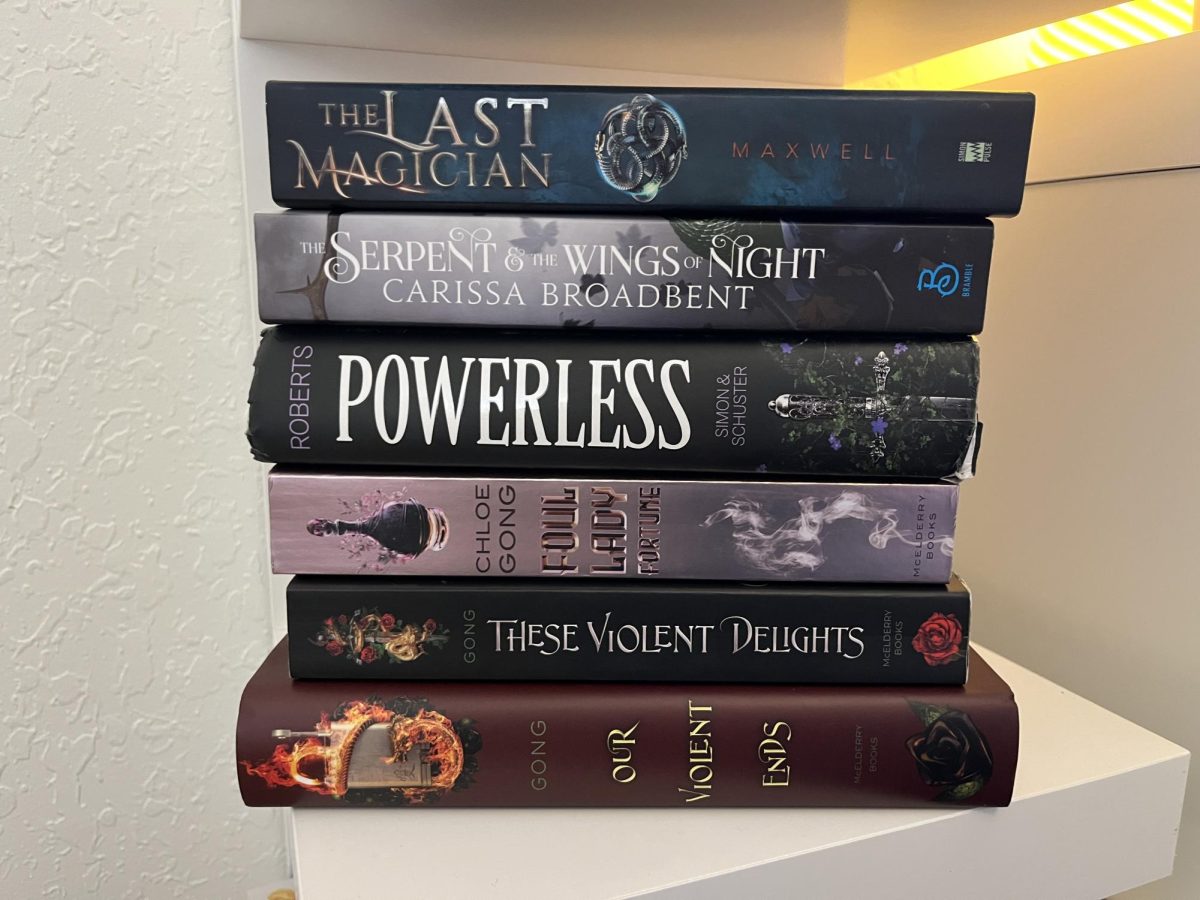




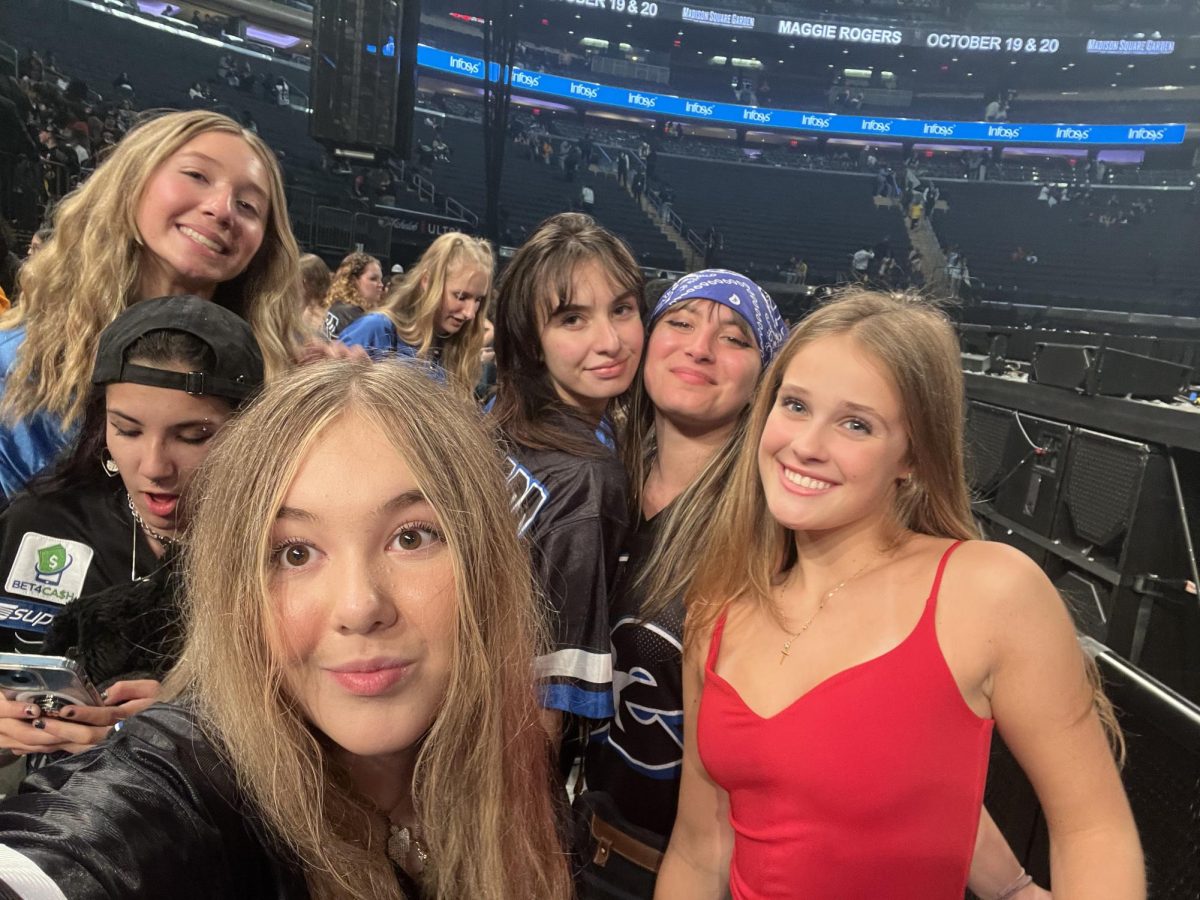
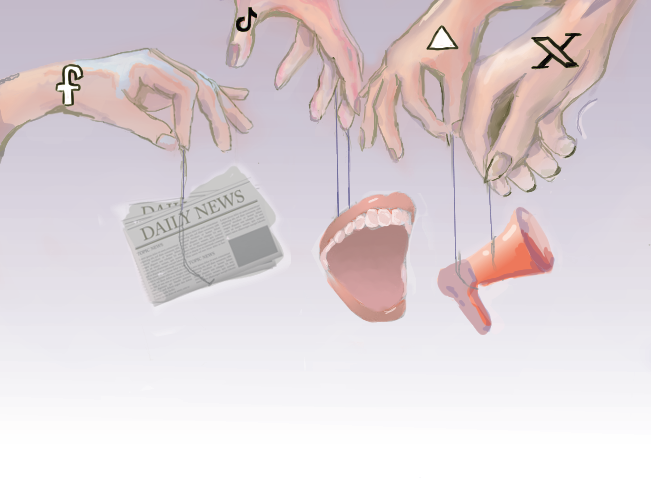
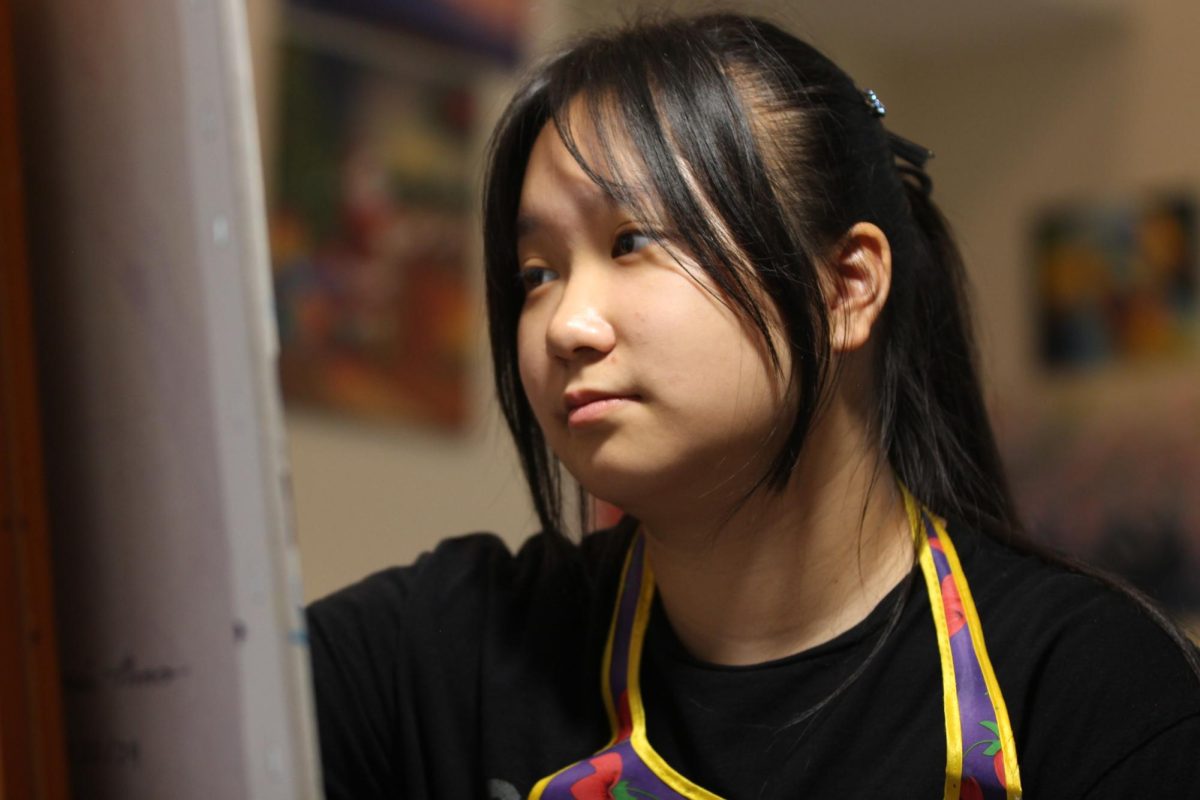

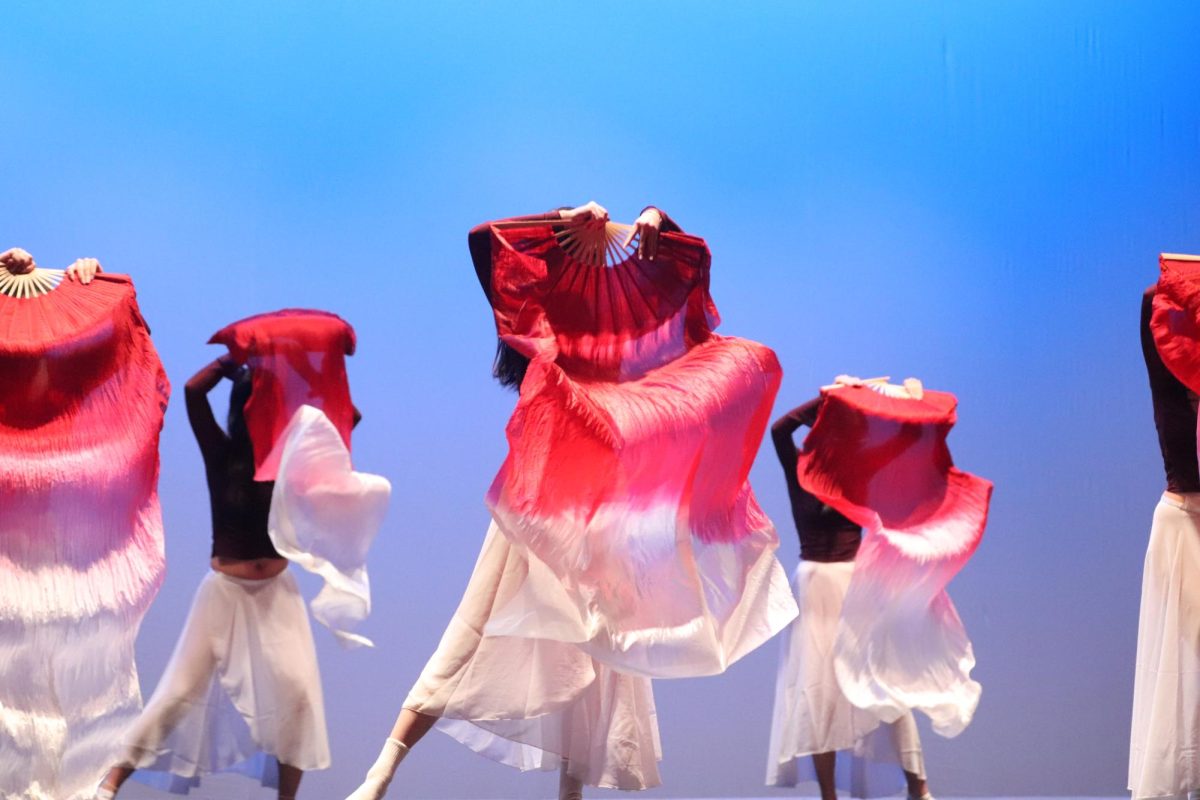
![National Honor Society Sponsor Lauren Saccomanno watches guest speaker Albert Price speak to NHS members. National Honor Society held their monthly meeting with Price on Monday, Nov. 4. "[Volunteering] varies on the years and the month, but we have started a couple new things; one of our officers Grace started a soccer program," Saccomanno said. "We have been able to continue older programs, too, like tutoring at Riverglades. NHS's goal is to have as many service projects as possible."](https://eagleeye.news/wp-content/uploads/2024/11/xNOeKNVwu7aErpVyJHrHogagZUUcLLosjtbIat94-1200x900.jpg)

![Ice Ice Baby. Skating to "Waltz" and "Romance" during her long program, figure skater Ava Zubik competes at the Cranberry Open in Massachusetts on Aug. 12, 2022. She scored a total of 86.90 on her short and free skate program, earning fifth place overall. "I try to make it [competing] as fun and enjoyable as I can because it's my senior year, and so I want to really enjoy competitive figure skating while it lasts," Zubik said.](https://eagleeye.news/wp-content/uploads/2024/11/skater1-799x1200.jpg)

